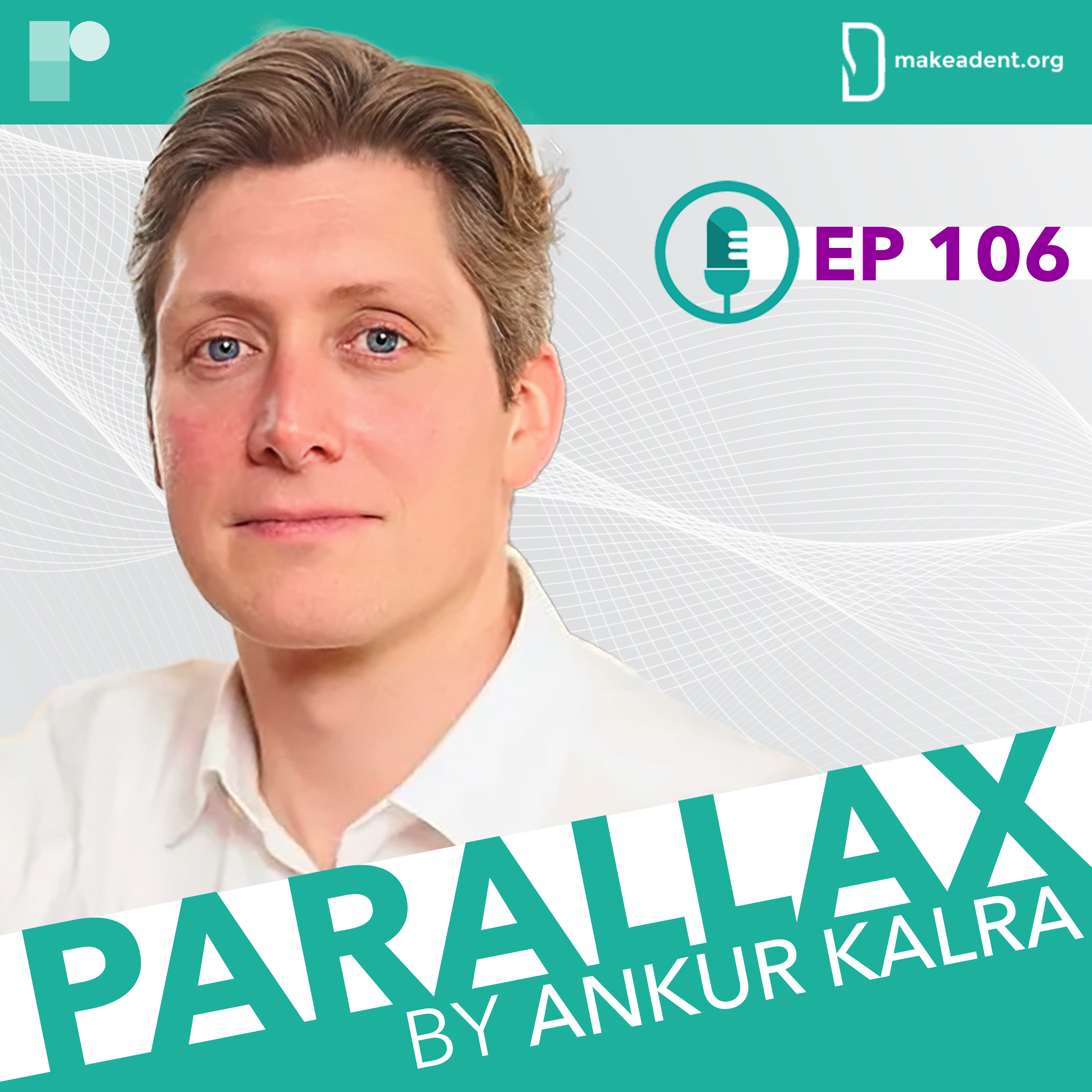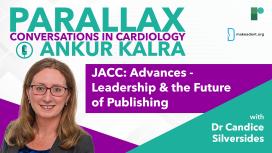
In the season 6 premiere of Parallax, Dr Ankur Kalra welcomes Dr Alex Carter, a Senior Lecturer at the London School of Economics and Political Science (LSE) Department of Health Policy. As the course director for the executive MSc in Health Economics, Policy & Management, Dr Carter delves into the origins and evolution of LSE's health economics program, showcasing its transformation in response to the challenges facing health systems in 2024.
The podcast embarks on an exploration of the program's three fundamental pillars: health economics, outcomes measurement, and management. Dr. Carter underscores the importance of efficiently allocating scarce resources, evaluating health system performance through population outcomes, and translating theoretical knowledge into practical application through leadership.
Dr Kalra asks Dr Carter about his work with the HyperMarker project, an EU-funded initiative that leverages big data analytics to optimise the prescription of antihypertensives and generate personalized treatment recommendations for patients with hypertension.
What do we gain by understanding health economics? How was one of the first health economics programs created? What is Dr Carter’s message to our listeners?



US Cardiology Review journal, has recently seen a 7-fold increase in female editorial board members in response to journal-based strategic initiatives and the stellar work of USC editorial board leadership, Ankur Kalra (Editor in Chief) and Bill Gogas (Deputy Editor in Chief), who were keen to drive this change. With thanks to Dr Anastasia Mihailidou’s tenure as a new board member and her suggested nominees, ten new female board members have recently joined US Cardiology Review’s editorial board.

In this episode, Mike opens up about his childhood in Stilwell, Oklahoma. Ankur and Mike discuss how the inductive quality of art can complement the deductive principles of science. Mike recalls earlier stages of his career and warns about the blinding effect of the ego-driven, competitive culture of cardiology. Ankur asks Mike about fatherhood and about his role as an educator.
What does it mean to be fearless as a medical professional? How can you protect yourself from the emotional toll of the profession? What is Mike’s advice to early career cardiologists?
Sponsored by Edwards.

During her interventional cardiology fellowship, Dr Baron became fascinated by the implementation of novel technologies. She earned her degree in Clinical Epidemiology and spent a year working at the FDA’s Device Evaluation unit.
In 2019 Dr Baron presented the results of her late-breaking trial, COAPT. Ankur invites Suzanne to discuss the economic analysis of the study and to give a short introduction to cost-effectiveness analysis. Suzanne provides an overview of the trial and they talk about the importance of understanding the value and benefits of new devices from both the patient and the health-economic point of viewpoint.

How should you start building a research programme? What are Chuck Simonton’s thoughts on the relationship between doctors and the industry? What is Chuck’s message to young cardiologists?

After the #MedBikini campaign provoked by a misogynistic study that scrutinized female doctors’ social media posts, this episode is about creating a safer environment for female healthcare professionals.





